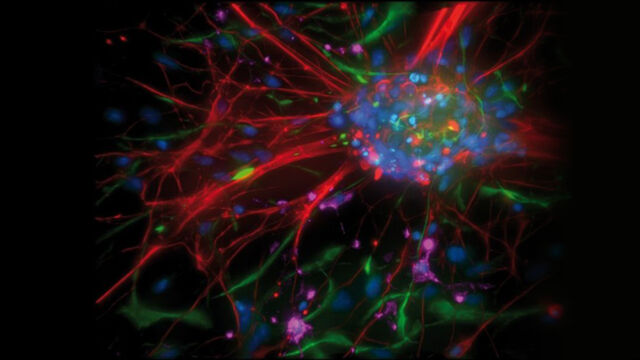
Productos
Productos
Desarrollamos nuestros sistemas de precisión de tecnología punta para el análisis de microestructuras con el usuario, para el usuario. En nuestra cartera de productos encontrará soluciones de sistema para ciencias biológicas, incluyendo la biotecnología y la medicina, así como la investigación y el desarrollo de materias primas y la garantía de la calidad industrial.
